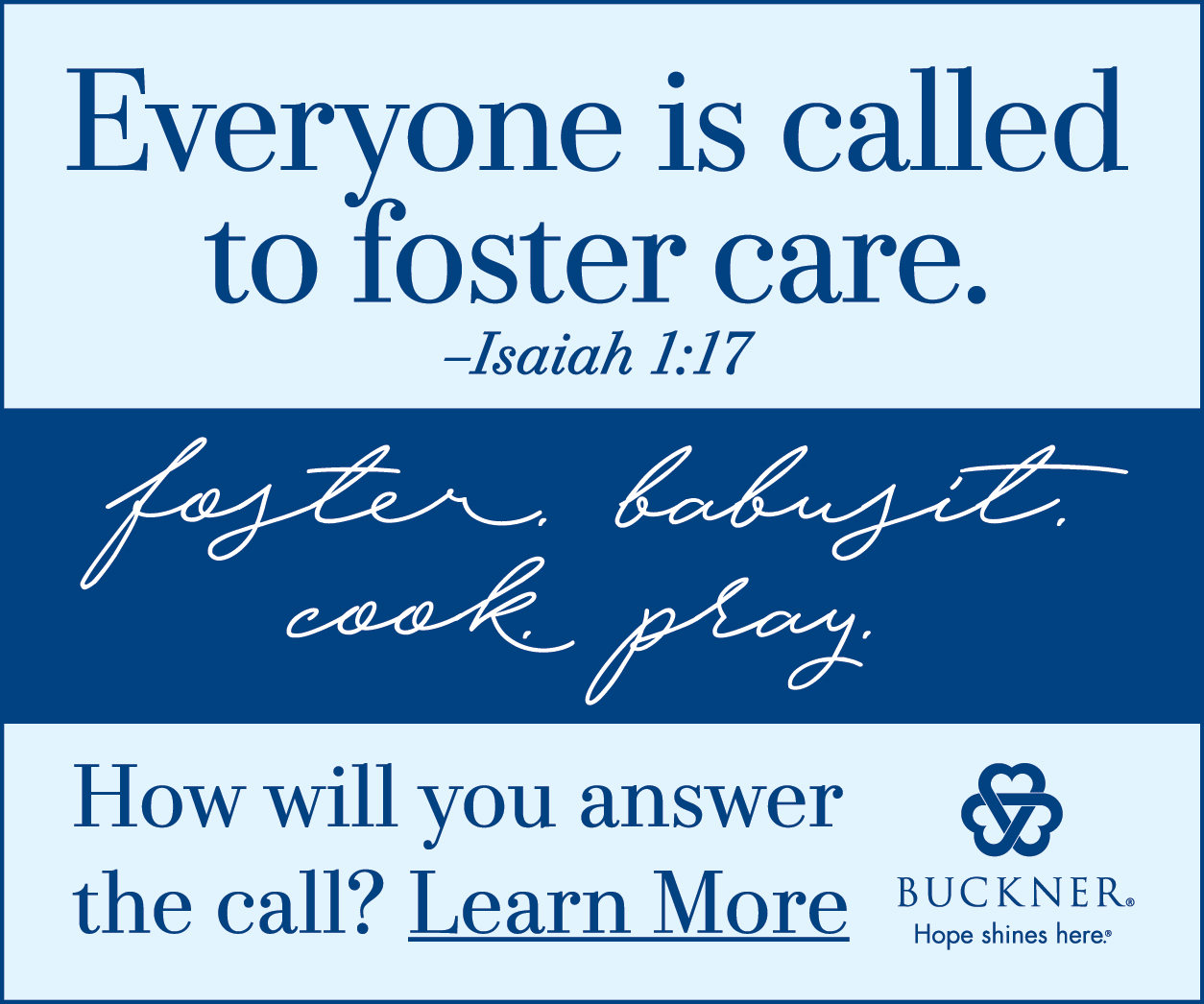• The BaptistWay lesson for Oct. 11 focuses on Romans 5:1-11.
In this passage, the Apostle Paul drives home the point of Romans so far: Justification has come through the saving work of Jesus Christ. However, Paul has more to say. The opening paragraph centers on the traditional triad of faith, hope and love.
For Paul, these always are found in close proximity to one another. Indeed, while there are distinctions between these ideas—usually called theological virtues—their interrelationships equally are important. Here, faith provides access to hope (vv. 1-2), yet that hope is grounded in the love of God made manifest through the Holy Spirit (v. 5). As we shall see later in Romans, these are not static ideas, but challenges to live in a Christ-like manner.
God’s covenant love
Love is not a term Paul has used in Romans to this point, even though it will figure quite prominently in later portions of the letter. In light of all that has been said about justification and faith, we should see love as God’s faithful covenant love, now revealed to the people of God—the Jew-plus-Gentile family of Abraham—through the work of Jesus Christ in dying for the ungodly (v. 6). We should also notice the Trinitarian nature of justification, as the Father, Son and Holy Spirit jointly gift to redeemed humanity the “peace of God” and the “hope of the glory of God” (vv. 1-2).
Paul writes Christ died for us “while we were still sinners” (v. 8). In another place, he states “we were God’s enemies” (v. 10), and “Christ died for the ungodly” (v. 6). These statements certainly indicate God’s love was undeserved. However, they also name the people who opposed God. As we have seen, the first three chapters of Romans highlighted the unfaithfulness of humanity, both Jew and Gentile. These descriptions make it clear this unfaithfulness meant all people were God’s enemies. And yet, that status did not disqualify all humanity for the gift of salvation through Christ.
Costly love
Consequently, Jesus’ actions, both his ministry of radically humble service and his sacrificial death, should remind us of his words in Matthew 5: “Love your enemies and pray for those who persecute you, that you may be children of your Father in heaven” (Matthew 5:43-44). To be sure, this love was costly, requiring “his blood” (v. 9). Christ’s suffering, though, was not merely instrumental in redeeming humanity. It was the result of challenging the powers that be—the powers that reign through death. Christ’s death not only saves us from sin, but frees us to live in a different way, a way enacted by the “peace with God” (v. 1).
In the first century, Christians were familiar with Pax Romana (the so-called “peace of Rome”), which promised peace, safety, security and even salvation, through the machinery, power and leadership of the Roman Empire. Paul is offering an alternative to this false peace, established and maintained through violence and death. The peace of God comes through love and suffering service offered to those outside, making enemies into friends. If we miss this point, we ourselves might be pursuing a similarly false peace founded on violence, death and exclusion.
Sign up for our weekly edition and get all our headlines in your inbox on Thursdays
God’s peace, then, is not merely internal or spiritual. It has physical and bodily implications. Most immediately, it reconciles Jews and Gentiles, making them one people with Abraham as their believing ancestor. However, its scope is further-reaching than that. Paul states Christ “died for the ungodly” (v. 6). That is, he died for those beyond the expected boundaries of the people of God. We should work to spread this covenant love that drives redemption to all people.
Culmination in salvation
Although it may be unexpected, Paul’s mention of salvation is new in this letter, having not been invoked since 1:16. Both there and here, it is joined by a strong statement that there is no need for shame (v. 5). Moreover, bringing salvation back into the discussion allows us to see its full scope as the culmination of God’s covenant promises to Abraham accomplished in the Messiah’s suffering and death. All of us participate in humanity’s unfaithfulness; in Christ, we together are “saved from God’s wrath” (v. 9).
Being Christ-like implies living in a manner similar to Jesus. Imitating Christ’s radical love for the other, the ungodly, the enemy, might seem difficult and even dangerous. As Paul states, it cost Jesus his own life. Yet, it is our calling. Consequently, it is not surprising those who follow Jesus will experience suffering. However, Paul outlines how even suffering moves toward perseverance, character and finally hope (vv. 3-4).
The passage really begins and ends with hope. We are hopeful of the ultimate fulfillment of the redemption begun in Jesus. Paul speaks of it in terms of Christ’s death and life. His death reconciled us to God and made peace with God. His life will offer us salvation (v. 10). Earlier, Paul wrote all people had fallen short of the glory of God (3:23). Here, in redemption, we have “the hope of the glory of God” (v. 2).
We have hope we will share in God’s love and being. As Paul states, we have a taste of the fulfillment of this hope in the reconciliation with God we have received In Christ (v. 11). Truly, this is the fullness of life, and something about which we should boast in the present.












We seek to connect God’s story and God’s people around the world. To learn more about God’s story, click here.
Send comments and feedback to Eric Black, our editor. For comments to be published, please specify “letter to the editor.” Maximum length for publication is 300 words.